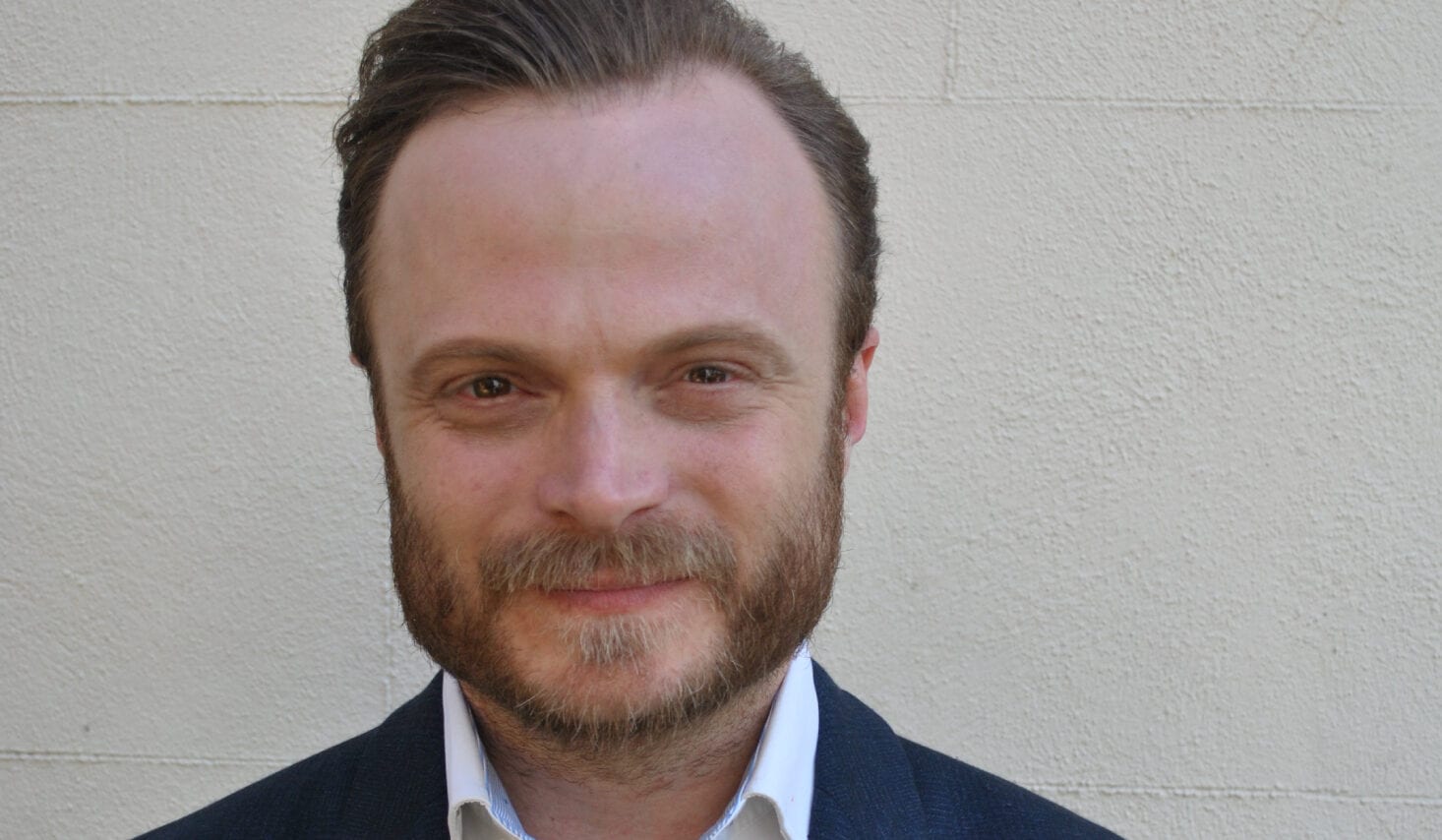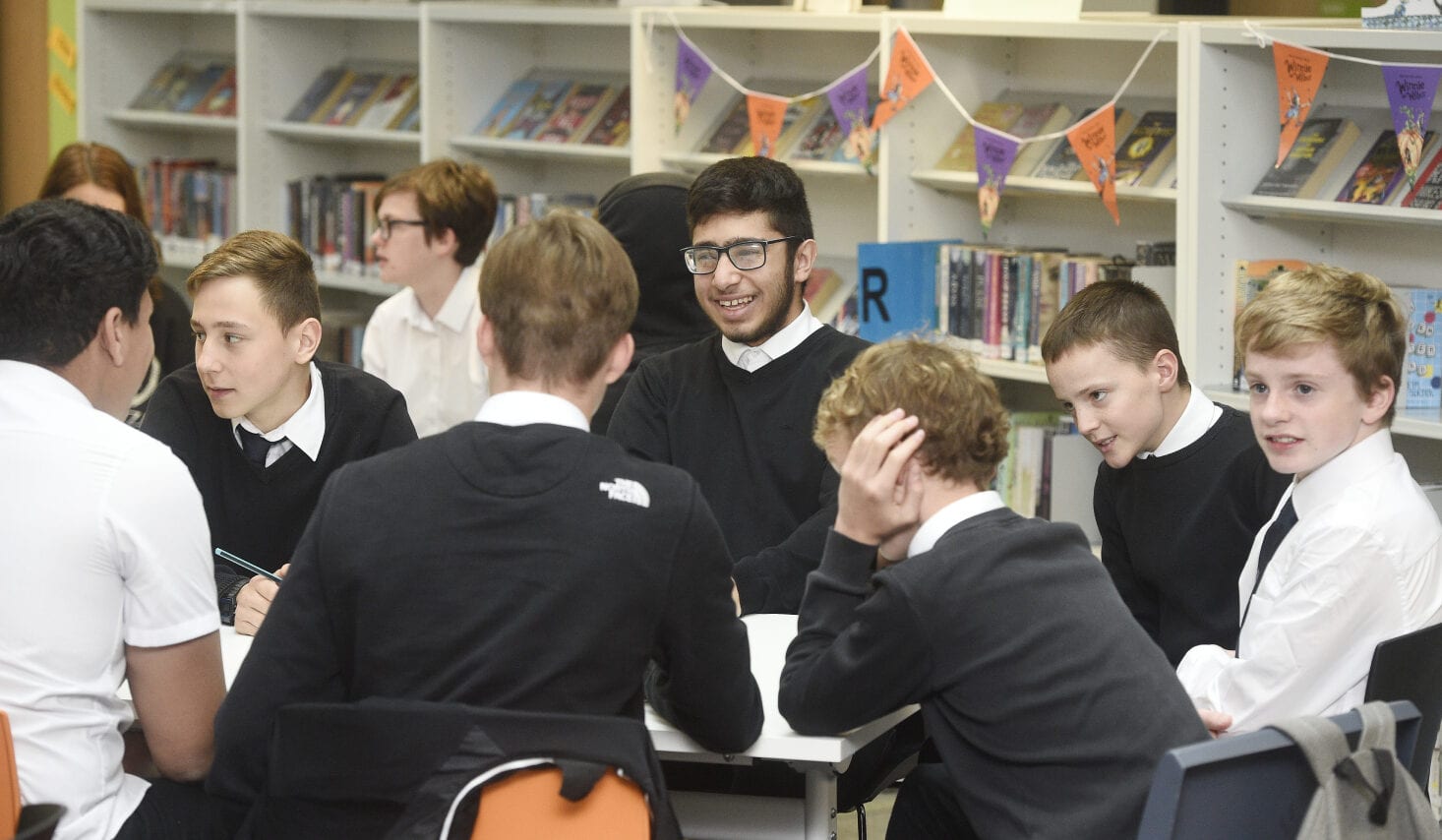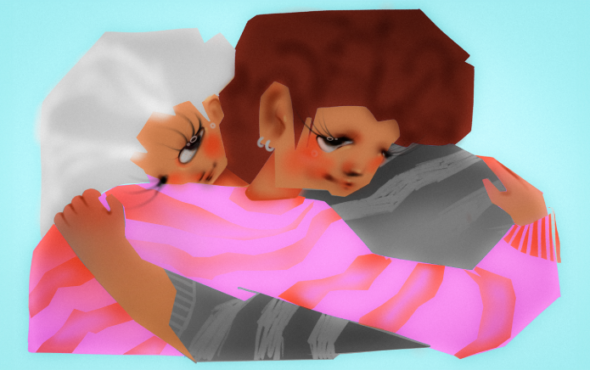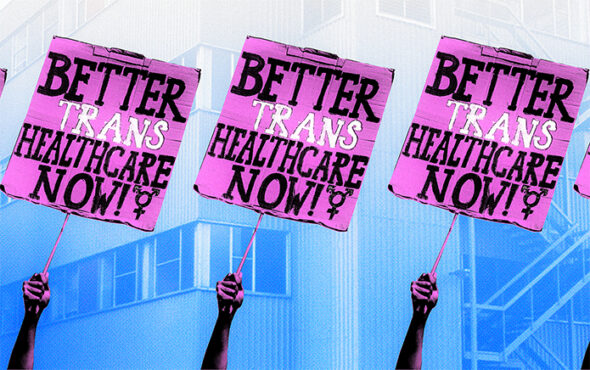
Growing up bisexual and closeted, I struggled with finding my place in the world and failing to meet expectations placed on me to ‘fit in’.
As LGBTQ+ adults, many of us have survived coming out struggles, difficulties in finding chosen families and uncovering the shame society placed on us. Often it was so tough that we are simply relieved to get through it and not look back.
We may even conveniently imagine that LGBTQ+ young people growing up today have it easier – sadly that is not the case.
Just Like Us’ independent research of almost 3,000 young people across the UK has found that, in 2021, LGBTQ+ young people are twice as likely to have depression, anxiety disorder, panic attacks, feeling lonely on a daily basis and worry about their mental health on a daily basis. They also face significantly more tension at home, are far less likely to feel safe at school, are three times more likely to have an eating disorder, and are markedly less optimistic about the future than their non-LGBTQ+ peers.
That is an incredibly long list – and calls for our action. LGBTQ+ young people need to know it’s OK to be themselves.
This Mental Health Awareness Week, my plea to you is to consider what you can do for LGBTQ+ young people so that future generations don’t go through the same challenges we faced. History should not be repeating itself.

While Section 28 is long gone, the after effects can still be seen in schools today. Half (48%) of pupils say they have had little to zero positive messaging about being LGBTQ+ from their school or college in the past year.
We may have same-sex marriage legalised and progress on LGBTQ+ parental rights, but many of these changes don’t directly help LGBTQ+ young people enough.
At Just Like Us, the LGBT+ young people’s charity, we know that inclusive education has the ability to drive change. We work with schools across the UK, running School Diversity Week and providing free LGBTQ+ inclusive resources, as well as delivering school talks and a Pride Groups programme so LGBTQ+ and ally pupils have access to somewhere safe to be themselves in school.
So what can you do? If you know someone who works in a primary school, secondary school or college, please tell them about School Diversity Week this 21-25 June – it’s free to take part and will send a much-needed positive message to young people. If you work for a business that wants to support our work, get in touch.
If you’re a parent, please tell your child that you love them and that being LGBTQ+ is nothing to be ashamed of. If you are LGBTQ+ and 18–25, you can volunteer with us and speak in schools about the importance of being an ally. No matter who you are, you have the power to make change.
Let’s work together to change these dreadful statistics and ensure the future looks brighter for LGBTQ+ young people.



